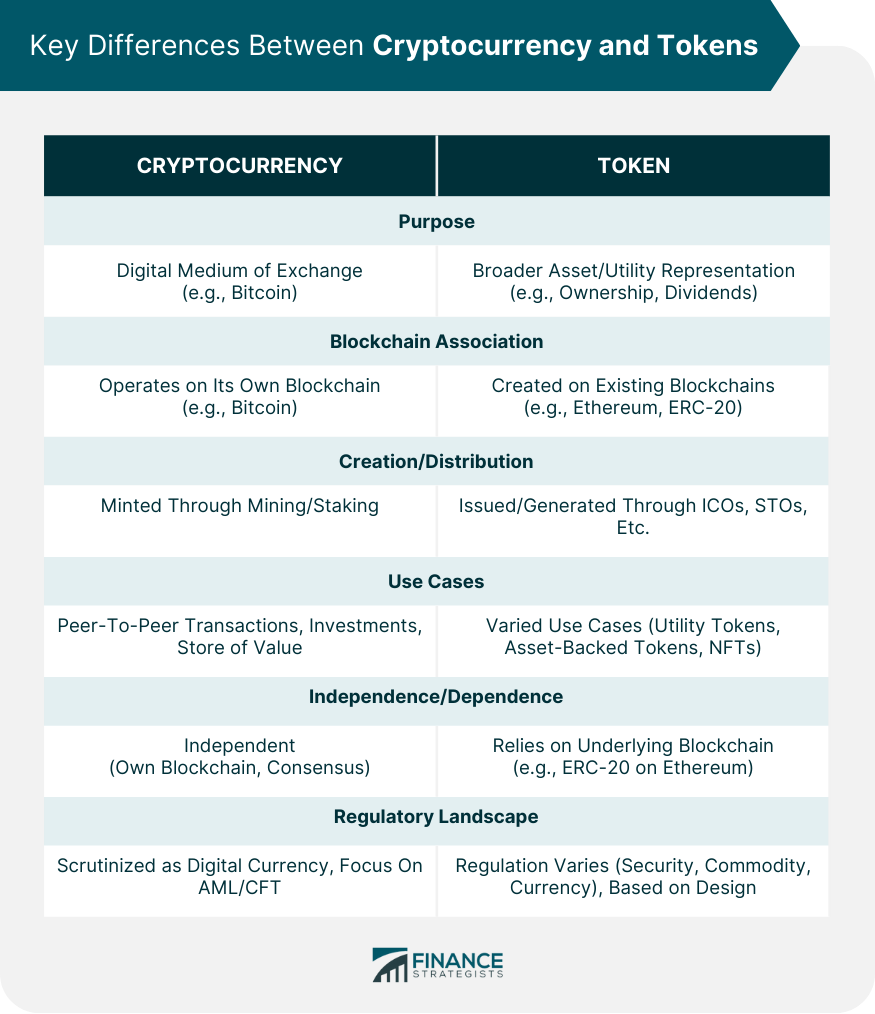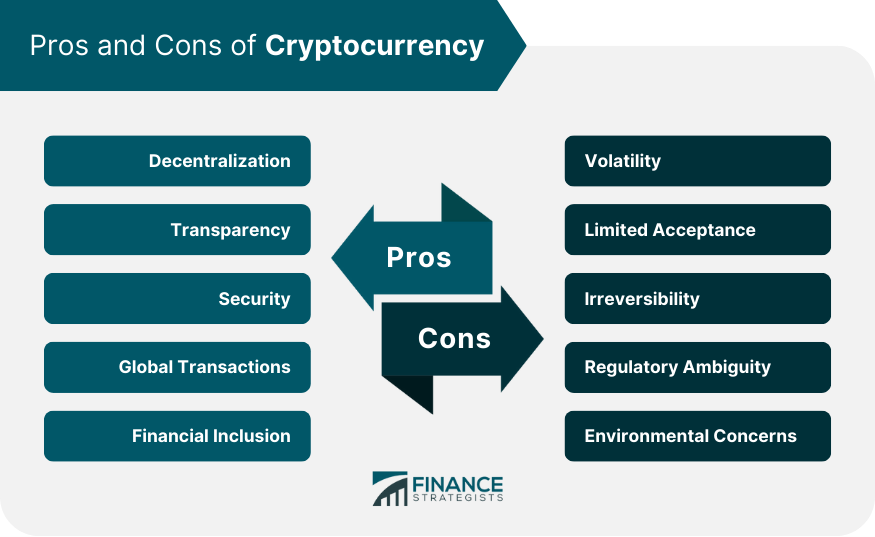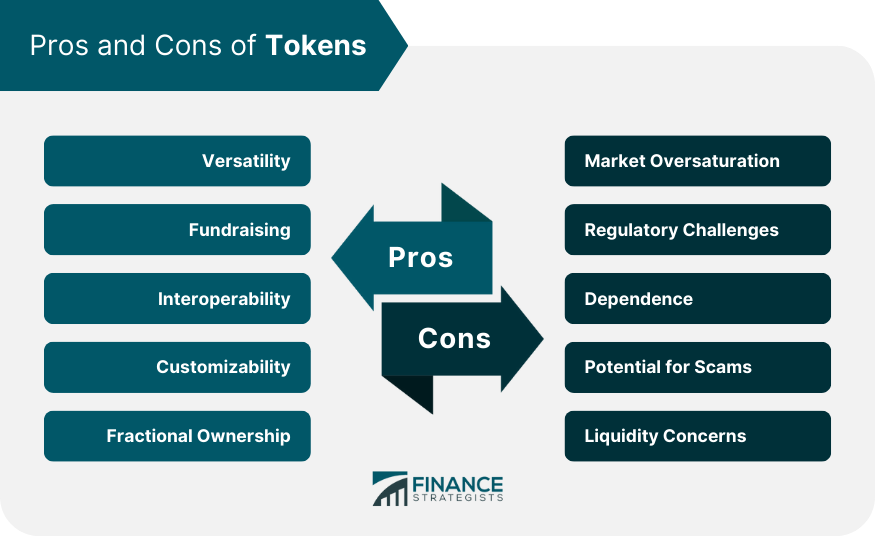Cryptocurrencies and tokens are both integral components of the digital asset landscape, but they serve different purposes and have distinct characteristics. At its core, a cryptocurrency is a digital or virtual form of currency designed to work as a medium of exchange, leveraging cryptographic techniques to secure financial transactions, control the creation of new units, and verify asset transfers. Classic examples like Bitcoin and Litecoin operate on their own blockchains and aim to act as decentralized digital money, free from the traditional banking system or governmental control. On the other hand, tokens represent assets or utilities within a particular project and are usually built on existing blockchain platforms. Tokens are often issued through ICOs or other fundraising mechanisms by startups or projects as a means of raising capital. Cryptocurrency is a digital or virtual form of currency that uses cryptography for security, making it challenging to counterfeit. Unlike traditional currencies issued by governments and central banks, cryptocurrencies operate on a decentralized system, typically underpinned by blockchain technology. A blockchain is a distributed ledger that records all transactions across a network of computers in a transparent and immutable manner. Born with the advent of Bitcoin in 2009 by the anonymous figure, Satoshi Nakamoto, the world of cryptocurrency has since expanded to include thousands of other currencies. Beyond serving as a medium of exchange, many cryptocurrencies have other functionalities, like facilitating smart contracts or representing assets. However, they are also known for their price volatility, regulatory challenges, and potential for both groundbreaking innovation and misuse. A token is a digital representation of a particular asset or utility, often residing on an existing blockchain. Tokens can represent virtually any assets that are fungible and tradeable, from commodities to loyalty points to other cryptocurrencies. Unlike a standalone cryptocurrency like Bitcoin, which operates on its own blockchain, tokens are typically issued on more extensive blockchain platforms like Ethereum, often under standards such as ERC-20 or ERC-721. Tokens can serve diverse purposes: "utility tokens" provide access to a specific project's features, while "security tokens" might represent an equity share in an enterprise. Their creation and distribution often happen through events such as Initial Coin Offerings (ICOs) or Token Generation Events (TGEs), which can serve as fundraising mechanisms for new projects. Cryptocurrencies and tokens, both pillars of the digital asset world, differ fundamentally in their creation, utility, and underlying blockchain association. Purpose: Cryptocurrency is designed primarily as a digital medium of exchange, akin to digital gold or money. Blockchain Association: Cryptocurrency typically operates on its own blockchain. For example, Bitcoin runs on the Bitcoin blockchain, and Litecoin operates on the Litecoin blockchain. Creation and Distribution: Cryptocurrency is minted through mechanisms like mining or staking, depending on the consensus algorithm of its blockchain. Use Cases: Cryptocurrency is primarily utilized for peer-to-peer transactions, investments, or as a store of value. Independence and Dependence: Cryptocurrency generally functions independently, with its blockchain, consensus mechanism, and security protocols. Regulatory Landscape: Cryptocurrency faces regulatory scrutiny primarily as a digital currency. Authorities might focus on aspects like anti-money laundering (AML) and combating the financing of terrorism (CFT). Decentralization: Not controlled by any central authority, leading to reduced risks of government interference or bank-induced inflation. Transparency: Most cryptocurrencies operate on public ledgers, ensuring that all transactions are visible and verifiable by anyone. Security: Utilizes cryptographic techniques, making transactions secure and challenging to manipulate. Global Transactions: Can simplify and expedite international transactions by avoiding currency exchanges and bank fees. Financial Inclusion: Offers banking alternatives to populations without access to traditional banking systems. Volatility: Highly unpredictable price swings can pose significant financial risks. Limited Acceptance: Not universally accepted as a payment method; merchants' acceptance is still growing. Irreversibility: Transactions cannot be reversed, which can be problematic in cases of error or fraud. Regulatory Ambiguity: The global regulatory landscape remains unclear, leading to potential legal challenges for users and investors. Environmental Concerns: Certain consensus mechanisms, like proof-of-work in Bitcoin mining, are energy-intensive. Versatility: Can represent a wide range of assets, from physical goods to digital services, giving rise to numerous applications. Fundraising: Provides a new mechanism for startups and projects to raise capital through ICOs or STOs. Interoperability: Tokens on platforms like Ethereum can interact with various smart contracts and services within the ecosystem. Customizability: Allows for the creation of specific conditions and features tailored to the token's intended purpose. Fractional Ownership: Makes it possible to own fractions of high-value assets, such as real estate or art. Market Oversaturation: With the ease of token creation, there's potential for market clutter, leading to difficulty in identifying valuable projects. Regulatory Challenges: Tokens, especially those resembling securities, face regulatory scrutiny and potential legal consequences. Dependence: Rely on the underlying blockchain platform's security and performance, which can be a point of vulnerability. Potential for Scams: Due to the hype around token fundraising, there's a higher risk of fraudulent projects and scams. Liquidity Concerns: Not all tokens are easily tradeable or liquid, which might pose challenges for investors wanting to cash out. The distinction between cryptocurrencies and tokens is pivotal in navigating the dynamic landscape of digital assets. Cryptocurrencies like Bitcoin and Litecoin function as decentralized mediums of exchange, offering secure and transparent transactions outside traditional financial systems. Their independence, security, and potential for global financial inclusion are tempered by volatility and regulatory uncertainties. Tokens, however, exhibit greater versatility by representing diverse assets and utilities within specific projects. They enable innovative fundraising mechanisms like ICOs and STOs, fostering capital influx for startups and enterprises. Yet, tokens' reliance on underlying blockchain platforms can expose vulnerabilities, and regulatory challenges loom, especially for those resembling securities. Each has its own merits and pitfalls. Navigating this landscape requires a keen understanding of their distinct attributes, regulatory landscapes, and potential impact on the financial world.Cryptocurrency vs Token Overview
What Is Cryptocurrency?
What Is a Token?
Key Differences Between Cryptocurrency and Tokens
While token represents a broader range of assets or utilities. Tokens can symbolize ownership in an entity, rights to dividends, or access to services within a specific ecosystem.
While tokens are created on existing blockchains. Ethereum's platform is the most common, with standards like ERC-20 for fungible tokens and ERC-721 for non-fungible tokens (NFTs).
While tokens are issued or generated through events like ICOs, Security Token Offerings (STOs), or other fundraising initiatives.
While tokens have varied use cases, from granting access to a service (utility tokens) to representing physical assets (asset-backed tokens) or digital collectibles (NFTs).
While token relies on the underlying infrastructure of the blockchain it was issued on. For instance, an ERC-20 token's functionality and security depend on the Ethereum platform.
While tokens, depending on its nature, may be regulated as a security, a commodity, or even as a traditional currency. The regulatory approach can vary significantly based on the token's design and intended use.
Pros and Cons of Cryptocurrencies and Tokens
Cryptocurrencies
Pros
Cons

Tokens
Pros
Cons

Conclusion
Cryptocurrency vs Token FAQs
Cryptocurrency is a digital currency used for secure transactions, often with its own blockchain like Bitcoin. Tokens, on the other hand, are digital assets representing ownership or utility on existing blockchains like Ethereum.
Cryptocurrencies like Bitcoin are designed as decentralized digital money. Tokens, however, represent broader assets or utilities within specific projects or ecosystems.
Cryptocurrencies operate on their own blockchains, like Bitcoin on the Bitcoin blockchain. Tokens are created on established blockchains like Ethereum, often adhering to standards such as ERC-20 or ERC-721.
Cryptocurrencies are minted through mechanisms like mining or staking. Tokens are generated via events like ICOs or STOs, serving as fundraising methods for projects.
Cryptocurrencies often face regulation as digital currencies, while tokens may be classified as securities, commodities, or other forms, leading to diverse regulatory approaches based on their design and intended use.
True Tamplin is a published author, public speaker, CEO of UpDigital, and founder of Finance Strategists.
True is a Certified Educator in Personal Finance (CEPF®), author of The Handy Financial Ratios Guide, a member of the Society for Advancing Business Editing and Writing, contributes to his financial education site, Finance Strategists, and has spoken to various financial communities such as the CFA Institute, as well as university students like his Alma mater, Biola University, where he received a bachelor of science in business and data analytics.
To learn more about True, visit his personal website or view his author profiles on Amazon, Nasdaq and Forbes.















